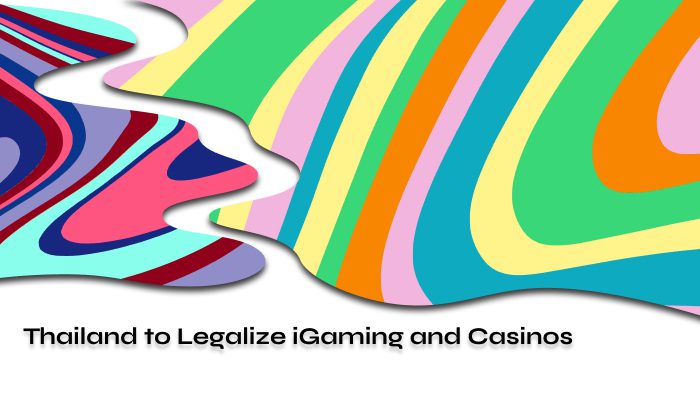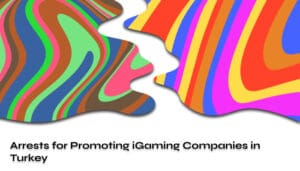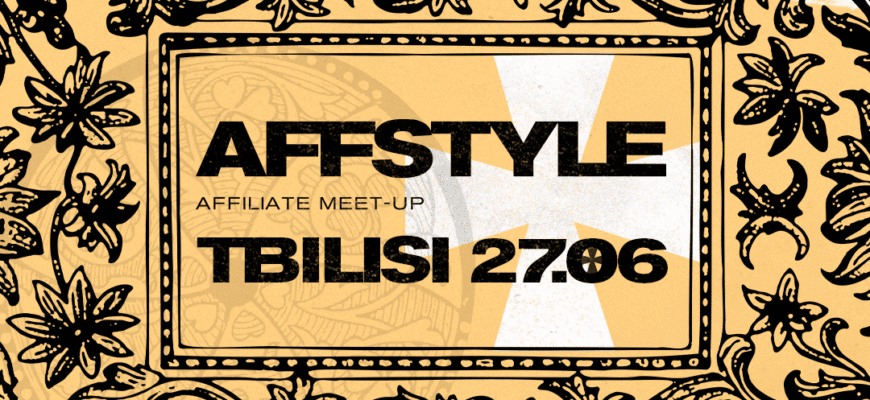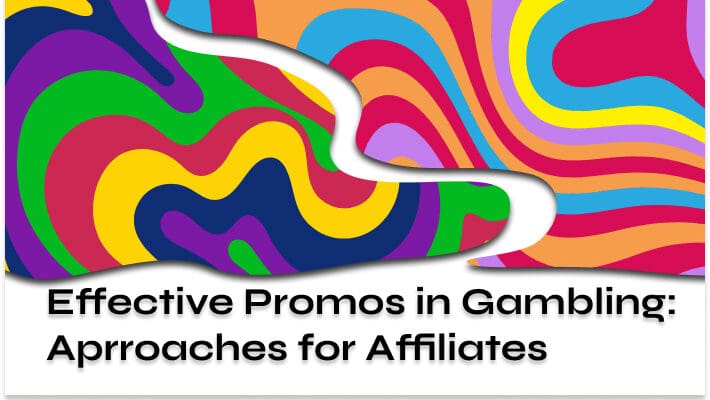On January 13, the Cabinet of Ministers of Thailand approved a bill on the legalization of gambling and casinos, which will be submitted to parliament for approval. The next step is expected to address the legalization of online gambling.
Currently, casinos and most types of gambling are banned in Thailand. However, illegal football betting and underground lotteries are widespread. Neighboring countries such as Cambodia, Singapore, and the Philippines have already gained significant economic benefits from legalized casino activities.
“Legalization will protect society and bring more revenue to the state,” said Prime Minister Paetongtarn Shinawatra to reporters. This activity is quite similar to the Brazilian one.
It is projected that legalization could increase the number of foreign tourists by 5–10%, generating an additional 120–220 billion baht (approximately $3.45–6.32 billion USD) in tourism revenue. It would also create between 9,000 and 15,000 new jobs, significantly boosting local employment rates.
In light of the proposed bill, the Thai government is increasingly focusing on the idea of legalizing and regulating online gambling. Some officials have confirmed that an official study on online gambling is expected to be completed soon.
Former Prime Minister Thaksin Shinawatra, speaking on the day the bill was passed, stated that the government is also developing mechanisms for controlling access to online gambling and managing tax revenues from it.
“Online gambling involves 2 to 4 million Thai users, with annual savings of 300 billion baht and profits and losses amounting to about 500 billion baht,” said Thaksin.
“If we could impose a 20% tax, we would earn over 100 billion baht annually,” he added.
The main reason for legalizing online gambling is the same: economic benefits for Thailand and the prevention of illegal online gambling, which contributes to increased crime rates in the country.
At the same time, there’s an opposite tendency in Turkey — where recently, some public figures were arreseted for promoting (allegedly) some iGaming products.











